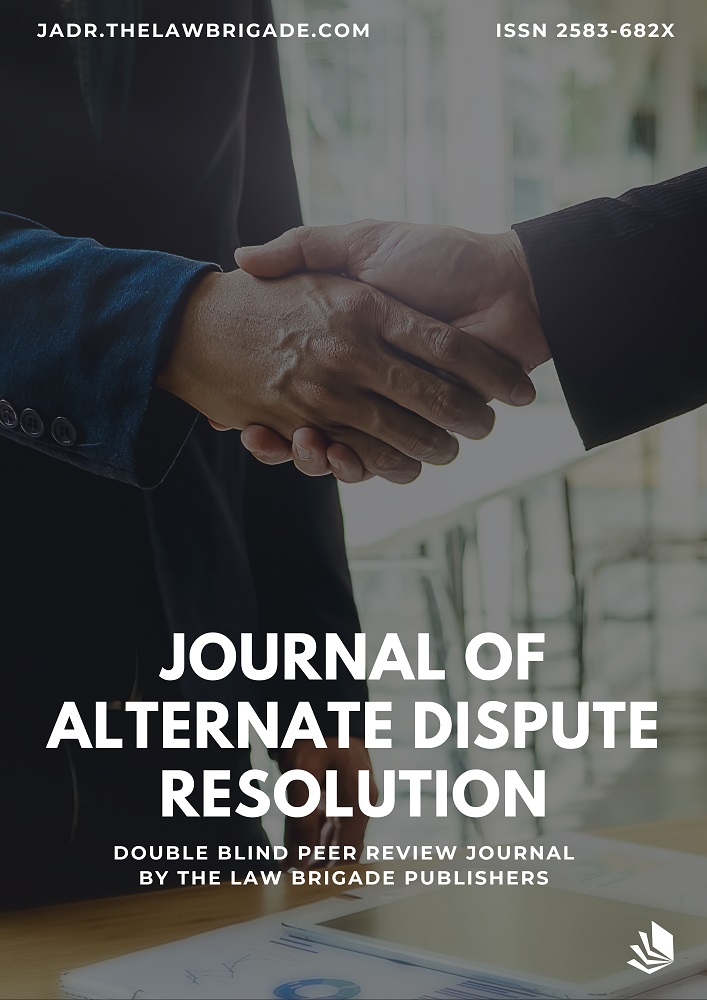Investment arbitration, hailed as a cornerstone of international trade and investment, finds itself embroiled in a critical debate regarding the interpretation and application of pre-conditions to arbitration. This article delves into the heart of this debate, analysing the lack of consensus within the jurisprudence and its implications for the legitimacy and effectiveness of the system.
Investment arbitration is a method of resolving disputes between foreign investors and host states. Typically, these disputes arise from breaches of investment agreements, bilateral investment treaties (BITs), or other international agreements. Arbitration clauses within these agreements often contain pre-conditions that must be met before initiating arbitration proceedings. These pre-conditions serve various purposes, including negotiation periods, cooling-off periods, and requirements for amicable settlement attempts.





